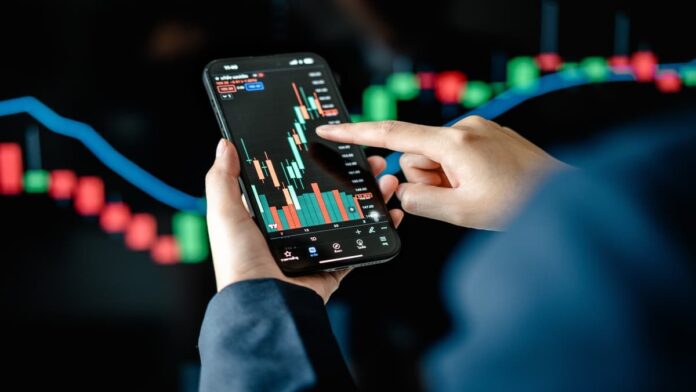These past few years have brought a noticeable change to Czech university trading clubs where students are in need of more dynamic methods through which they can understand and participate in the world of financial markets. The tools that are becoming popular in those circles include share CFDs, which are increasingly referred to as convenient tools of hands-on learning and strategy experimentation. Not only are these contracts changing the way in which young traders view the global equities market, but also their perception of risk, analysis and market movement.
Trading clubs may provide a venue where students of finance use theory in live role-playing scenarios. Although buying and holding physical shares are the backbones of investment, most clubs are turning to share CFDs to expand the learning session. The instruments enable students to either go long or short on the movement of prices without having to buy the actual stock. This streamlined entry allows quicker undertaking, greater flexibility, and an introduction to both bullish and bearish market circumstances.
Share CFDs provide Czech students, who are still in the stage of learning market behavior, to experiment with the market in their controlled environment, with less capital requirements. Because CFDs can be traded on margin, traders have a chance to act under the pressure of the real world, with included risk management tools such as take-profit and stop-loss orders. Such characteristics enable the members of trading clubs to comprehend the meaning of discipline and strategic thinking when price activities are volatile well.
The other factor that makes them more and more popular is the fact that share CFDs can be used to analyse international and domestic stocks. The students are not restricted to study about the Czech market but rather they would be able to study the performance of companies across the globe in varying economic climates. Its access to a broader scope of assets provides educational worth, where students are encouraged to monitor earnings statements, international policy making, and business trends that could influence share performance.
Share CFDs may also be utilised where there are team tasks or mock challenges within university clubs. Since such contracts are executed promptly and flexibly, members are able to conduct week-long or even day-long strategy sessions. Such a structure encourages wit and quick decisions and prepares people to hold professional positions in the finance field in the future. It also facilitates cooperation as members of the club tend to work in teams in order to establish the opportunities available in the market and to deal with trades.
This trend has been facilitated by user-friendly interfaces of the current trading platforms. Most brokers provide demo accounts to use on an educational basis. Many Czech trading clubs use them to practise with live market information at a demo trading account. This life-like arrangement exposes learners to real trading tools like charts, technical indicators and order placement activities. Because of this, members can have an experience of what it’s like to trade under time pressure.
But most importantly, share CFDs allow students to exercise critical thoughts regarding risk. Because these tools contain leverage, young traders will learn the result of improper decision-making and the importance of managing exposure. To the Czech trading clubs, the lesson is more helpful in the wider aim of becoming responsible and knowledgeable future investors.
With the increasing popularity in financial education in Czech universities, the share CFDs are not only a fashion. They are already part of the tools students use to understand market dynamics, approach testing, and develop the self-confidence inherent in pursuing careers in trading, investment management, or financial analysis. These contracts continue to be an attractive solution, due to their ability to be learned and accessed, among Czech traders of the future generation.





